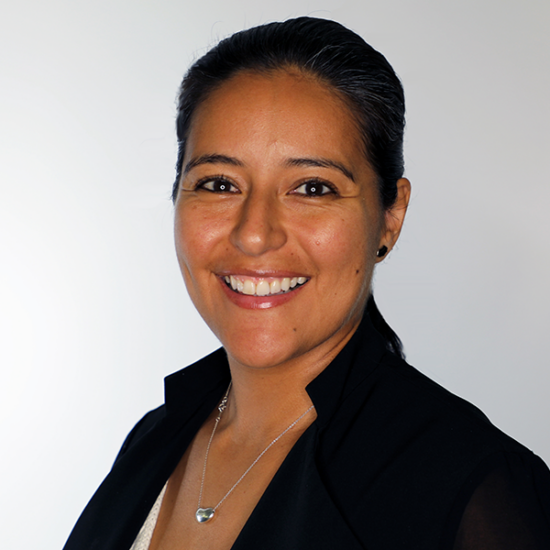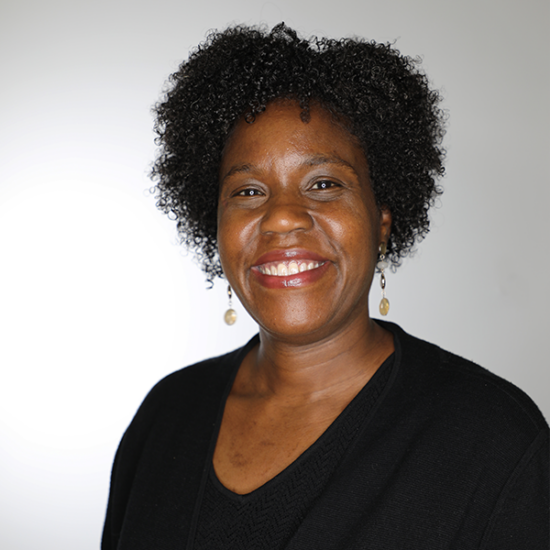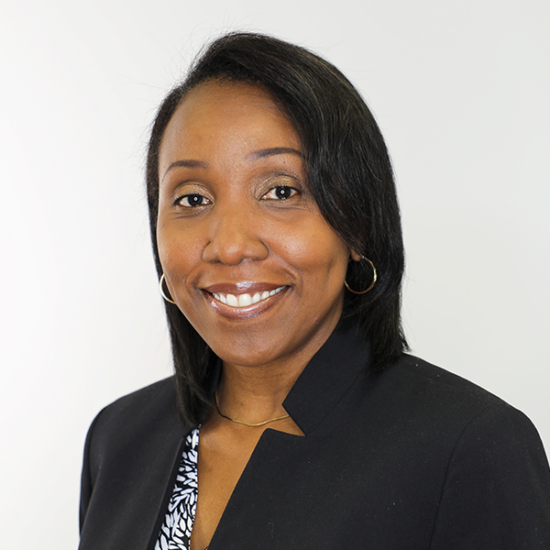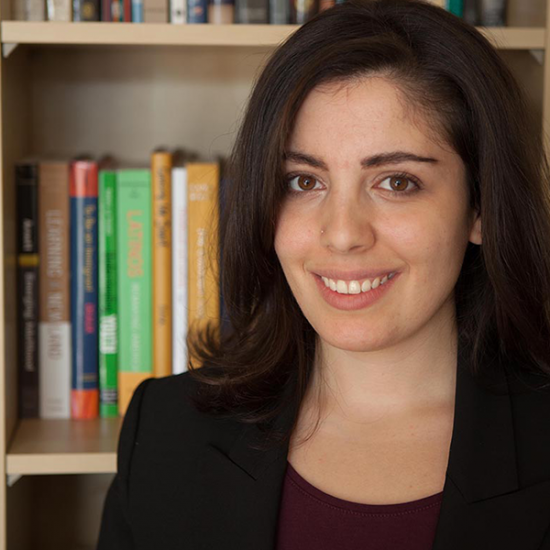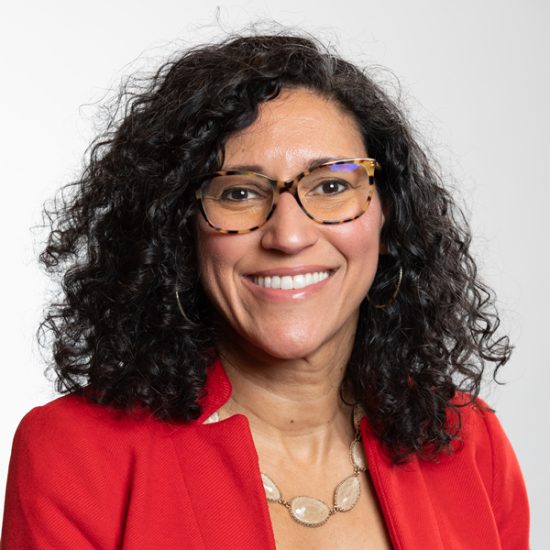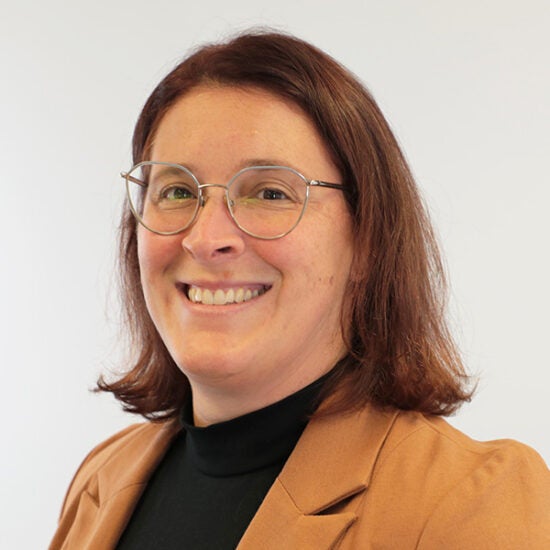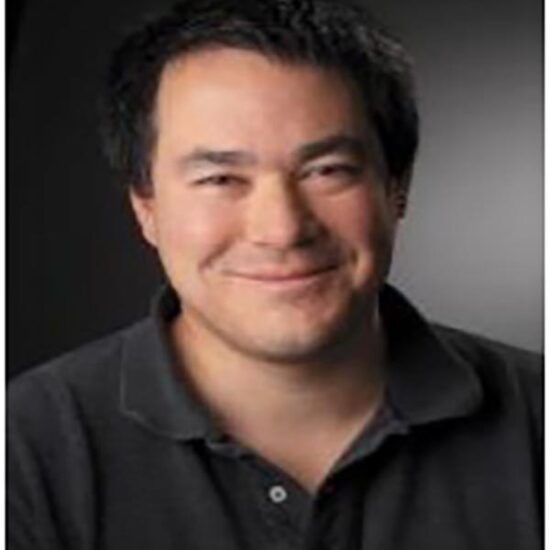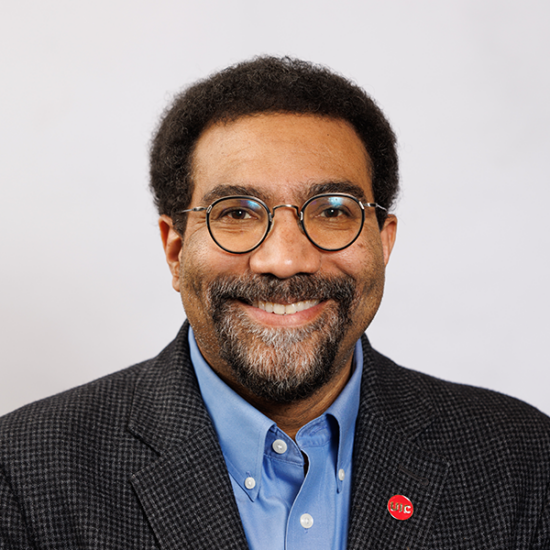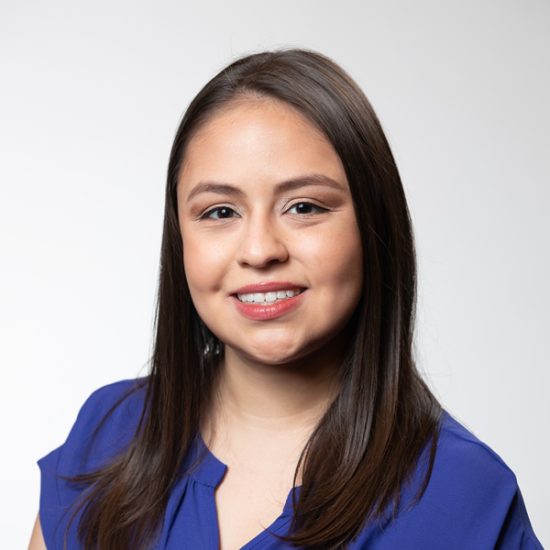Human Development & Learning emphasis
The PhD program in Educational Psychology with an emphasis in Human Development and Learning (HDL) trains students in developmental science with a focus on applied research in real-world settings. Developmental science is an interdisciplinary field of inquiry that investigates how people change over time in response to, and in relationship with, their biology, their environments, and the broader social systems that shape their lives.
The other area of emphasis for the PhD in Educational Psychology is Measurement, Evaluation, Statistics & Assessment (MESA).
Academic Themes & Perspectives
The HDL faculty draw upon perspectives from the disciplines of biology, psychology, sociology, gerontology, anthropology, human development and family science, and education to answer compelling research questions that are of importance to contemporary society. (For a detailed description of faculty research interests and current projects, please see linked bios for each faculty member below – just click on the photos to see the profiles.) As a community of scholars, the following themes and perspectives cut across our work:
- Lifespan development: We understand human development to be a lifelong process and therefore conduct research with people from across the developmental spectrum, including early childhood, middle childhood, adolescence, emerging/young adulthood, middle adulthood, older adulthood, and elderhood.
- Families, communities, and systems: We address human development at multiple, dynamically interacting levels, including individuals, families, and communities, as well as the broader social contexts that frame their development. We examine how systems impact developmental outcomes and trajectories for individuals, families, and communities, and how individuals, families, and communities, in turn, shape the systems they are embedded within.
- Social justice, equity, and intersectionality: We take up important questions regarding the impact of power, privilege, and oppression on human development. Our faculty work with a variety of people and communities, and are currently engaged with immigrant-origin youth, LGBTQIA+ adults, and Black, Latinx and Asian children, adolescents and families, among others. When working with these diverse communities, we embrace that they bring with them their own priorities, epistemologies, and philosophies, and build programs of research that are culturally responsive and sustaining. We harness the potential of research for promoting social justice, equity, and well-being for all.
- Strengths-based frameworks: We adopt a range of strengths-based perspectives (e.g., positive youth development, adversarial growth) in our research to challenge the pervasive deficit-oriented frameworks that have historically shaped the study of human development.
- Multiple-methods approach: We understand that capturing the complexity of human development requires the synergistic and innovative use of a variety of research methods and analytical paradigms. Our faculty specialize in multiple quantitative and qualitative modes of inquiry, including questionnaires, interviews, large-scale surveys, identity mapping, life stories and oral histories, observational methods, photo-elicitation, archival analysis, ethnography, and more. We value methods that transform and create change through the research process, including community-engaged work and participatory action research.
Degree Requirements
Faculty
Frequently Asked Questions
Do I need to have a degree in Education to be admitted to this PhD program?
Although our students study topics that are ultimately related to a broad definition of education, many of our students join us after having completed degrees in fields outside Colleges or Schools of Education. It will be a good idea to incorporate a rationale for how you hope to contribute to the field of Education in the statement of your goals that is submitted with your application.
How can I decide if my interests match the interests supported by the program?
We offer a mentoring-style program rather than one that is “credential-driven.” This means that we admit students whose interests match those of our faculty with the hope that a strong mentoring relationship can ultimately flourish. It may help to review the Department of Educational Psychology faculty profiles page. In the goals statement you put forth in your application materials, you may want to list topics of interests and/or the names of faculty whose interests most closely align with your own.
What if my interests change while I am in the program?
We realize students interests change as they go through the program. It is important to make sure that interests do not change so dramatically that no one on our faculty can assist with the dissertation process. We do work with “soft” administrative boundaries to help our students meet their needs. In the first year, students are assigned an initial adviser using information from their goals statement as well as knowledge of faculty workloads to make that assignment. As early as possible, students are asked to settle on a faculty adviser who will ensure that students understand the program expectations. Later in the program, students are asked to select faculty to serve as Chair and members of their Preliminary Examination and Dissertation Committees. It is often the case that faculty advisers ultimately become the Chairs of the respective committees associated with the dissertation, but this is not always the case. Like other relationships, these decisions involve an important negotiation between students’ interests, the skills of faculty, and the longer-term purposes students have for obtaining a degree.
How do I find out more about the program expectations?
You can review the degree requirements and the doctoral student handbook which includes information about other programs as well.
Do you compare your program with others available in the nation?
We regularly evaluate the content of our program by comparing it to others in the country. We currently meet or exceed all the expectations established for institutions rated as Research I, using guidelines established by the Carnegie Foundation. The Educational Psychology division (Division 15) of the American Psychological Association recently conducted a review of all the Educational Psychology PhD programs in the country and our program activities were consistent with those found in the top scoring universities in the country.
How can I obtain funding support as a Ph.D. student?
https://admissions.uic.edu/graduate-professional/application-process/application-fee-waivers
